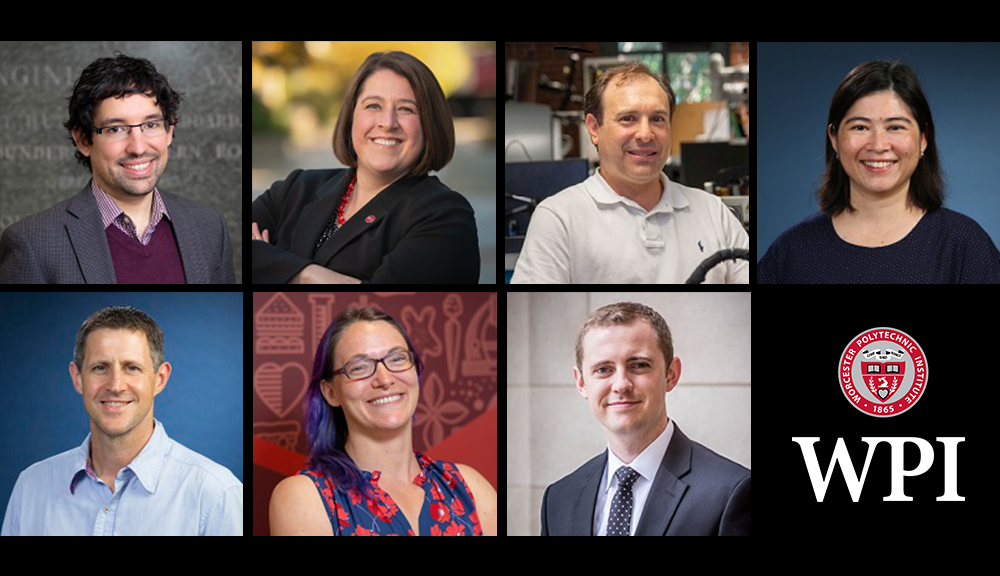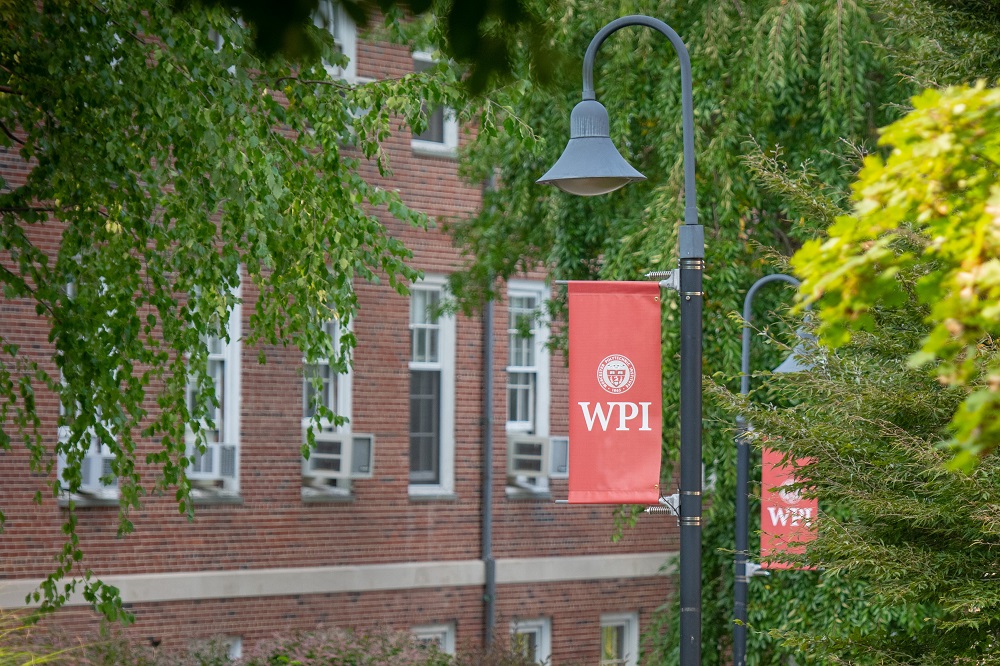Two robotics teams from Worcester Polytechnic Institute (WPI) will participate in the Second Annual Cornell Cup USA, presented by Intel May 3-4 at Walt Disney World in Orlando, Fla.
This year’s competition will feature 30 teams from 18 institutions throughout the country demonstrating creations ranging from leaf-raking robots to water purification systems to brain-controlled health-care devices.
The goal of the Cornell Cup is to challenge student design teams to use the latest Intel Atom board to create embedded technology devices that address real-world needs and offer ready solutions worthy of a technology investor’s eye.
The two-day, expo-style event will show off student teams’ creations and be measured by a panel of judges for a $10,000 grand prize. Second-place ($5,000) and third-place ($2,500) prizes will also be awarded.
The WPI teams are known as Cyber Physical Systems and FIVOLTS. The Cyber Physical team, advised by WPI assistant professor of robotics engineering Taskin Padir, is composed of seniors James Fleming, Ross Desmond, and Matt Dickerman, along with second-year PhD student Dmitry Sinyukov. The FIVOLTS team is advised by Xinming Huang, associate professor of electrical and computer engineering, and is made up of students Yichao Joy Xu and Zihan Ge.
The goal of the Cyber Physical unit is to develop a semi-autonomous wheelchair and body-brain computer interface using cost-effective, modular sensor packages that can be easily mounted to a wide variety of commercially available powered wheelchairs. Meanwhile, the FIVOLTS team has designed a multi-sensor, personal wireless biosignal sensing device.
The students have spent countless hours on their projects. The Cyber Physical team noted that its wheelchair is designed in part for individuals with locked-in syndrome, in which a person has cognitive abilities but cannot move or communicate verbally.
Sinyukov started to develop the project in the fall of 2011, designing and configuring the hardware. The seniors then joined the project last August, poring over design details and placing assistive features such as sensors on the wheelchair that detect walls and other barriers. Northeastern University is in the process of developing the brain computer interface technology for the wheelchair robot.
"This robot is a good project that opened up many theoretical and fundamental questions about robotics," said Sinyukov, of Chelyabinsk, Russia. "It also allowed me for the first time to apply systems engineering principles. And, most important, this project may change many people’s lives."
Dickerman, of Kingston, Mass., agreed, noting, "This project represents the future of where rehabilitative technologies are headed."
Desmond, of Chelmsford, Mass., said he’d been confident the project would be possible, "but I didn’t know the extent to which we’d be able to accomplish it."
Fleming said the project proved to him that robotics was more than just a hobby.
"This project made me much more interested in the idea of modular robotics where you can take parts and interchange them effectively," said Fleming, of Longmeadow, Mass. "It shows that you can apply robotics in a way that is helpful, and not just for hobbying."
Other participating colleges include Arizona State University, Columbia University, University of California-Berkeley, Purdue University, University of Pennsylvania, and University of Massachusetts at Amherst and University of Massachusetts at Lowell.


